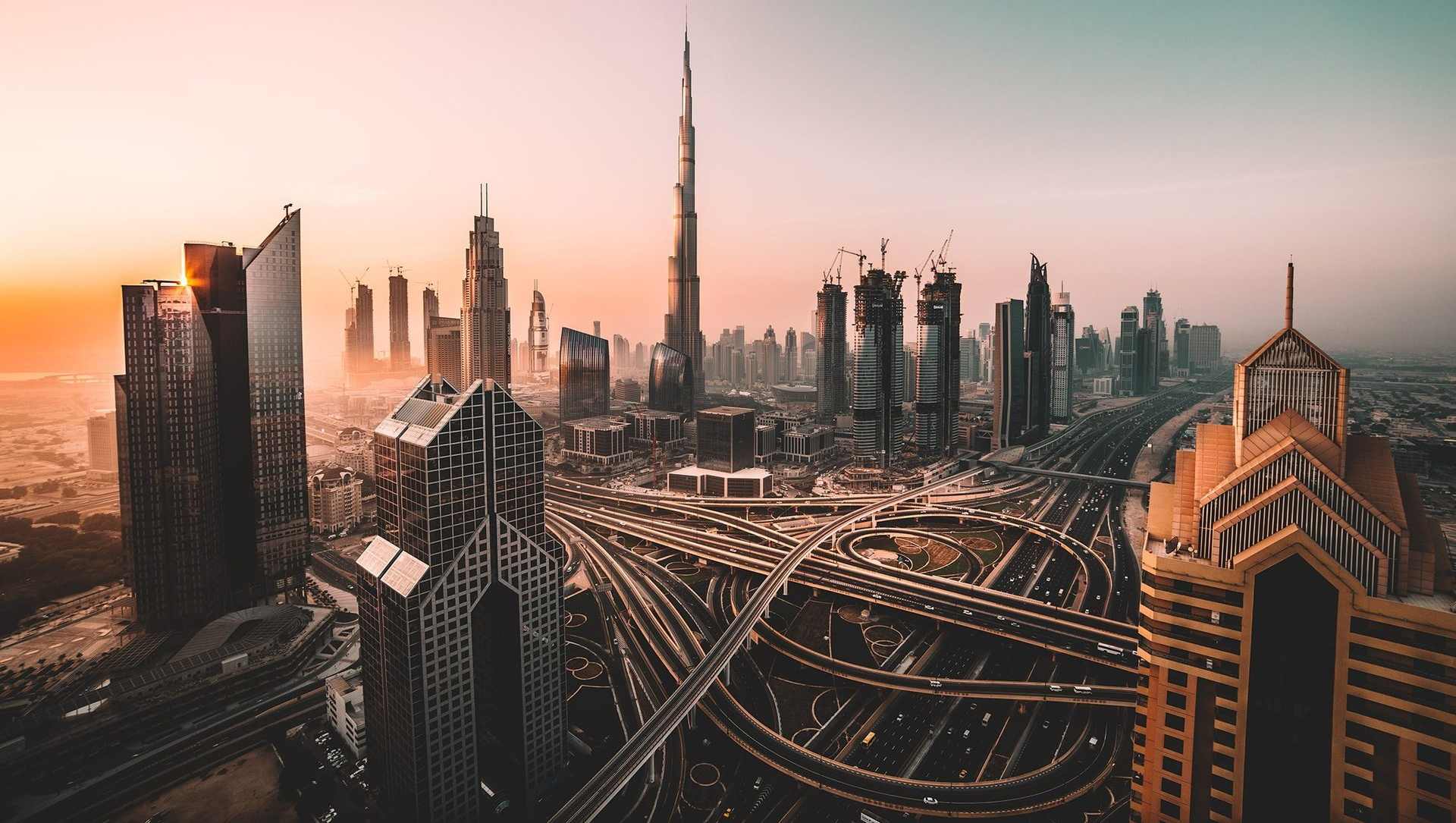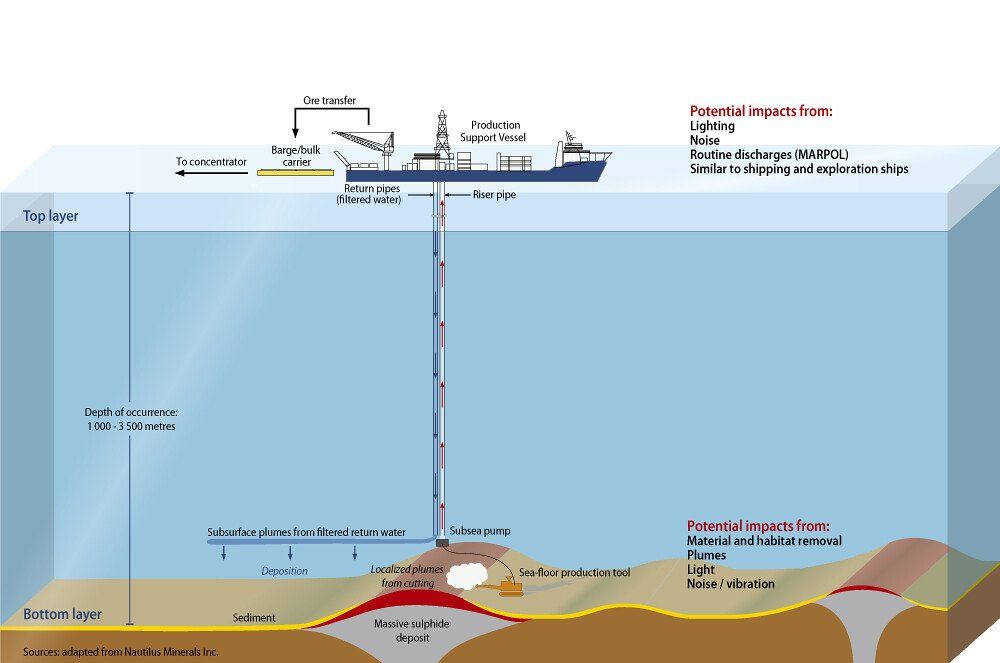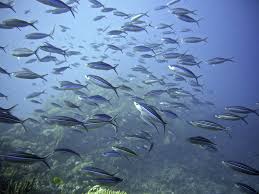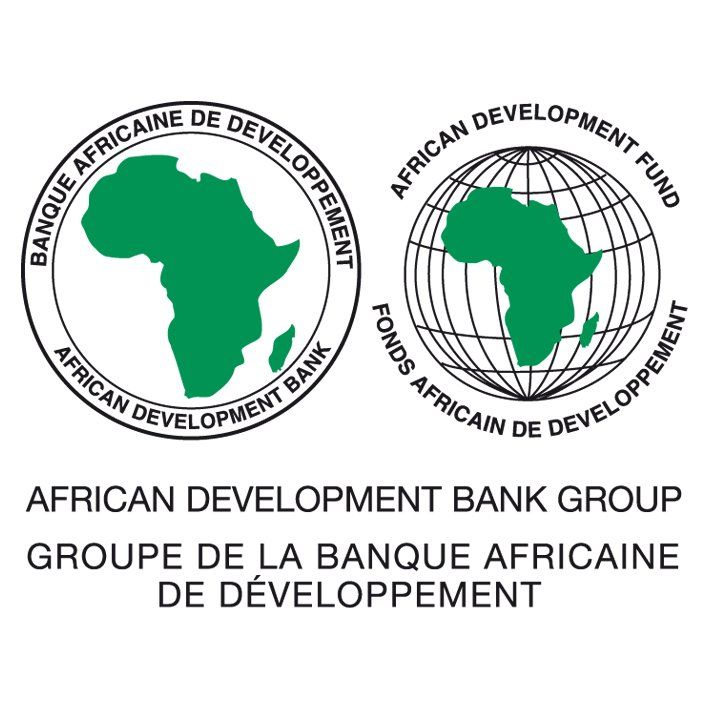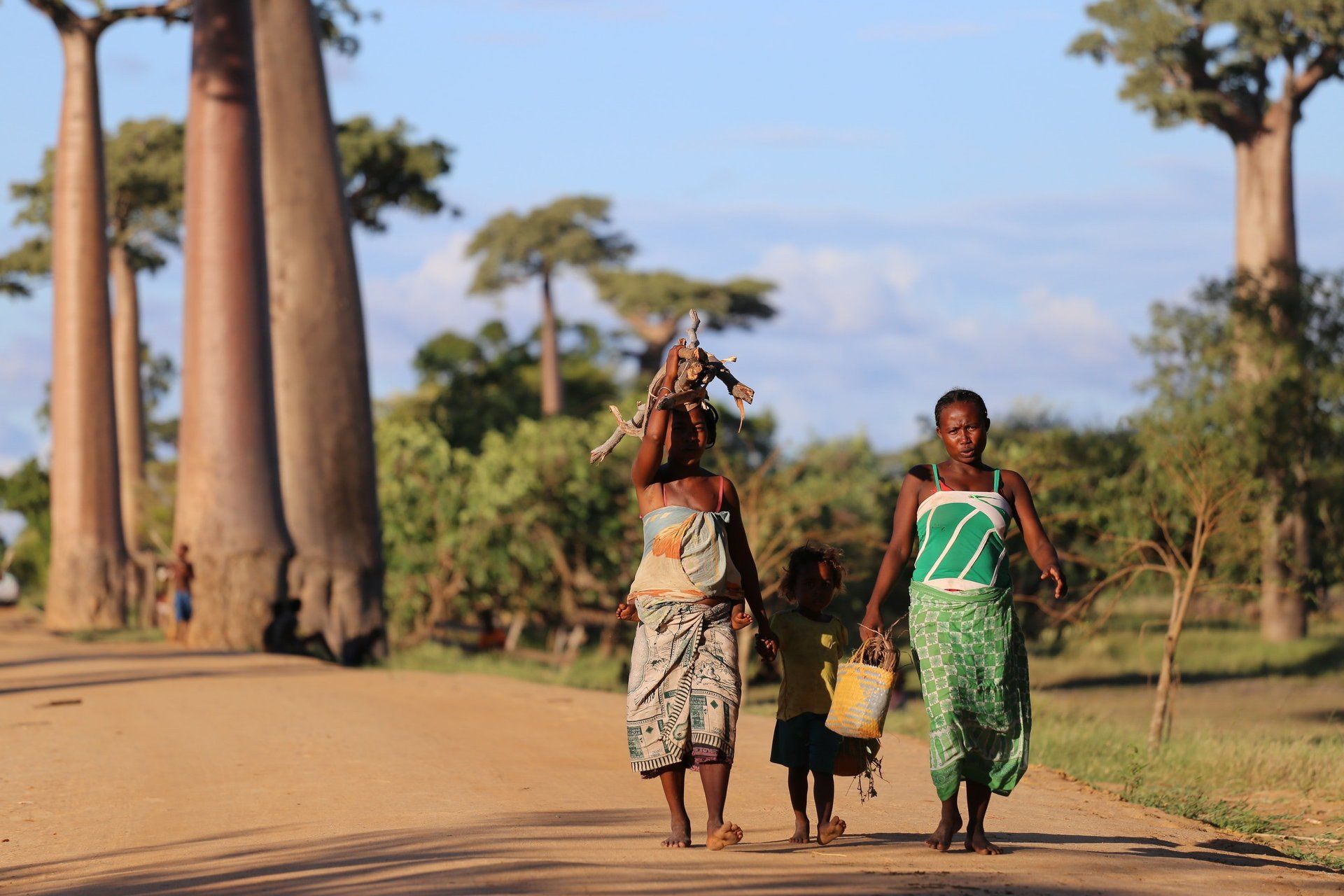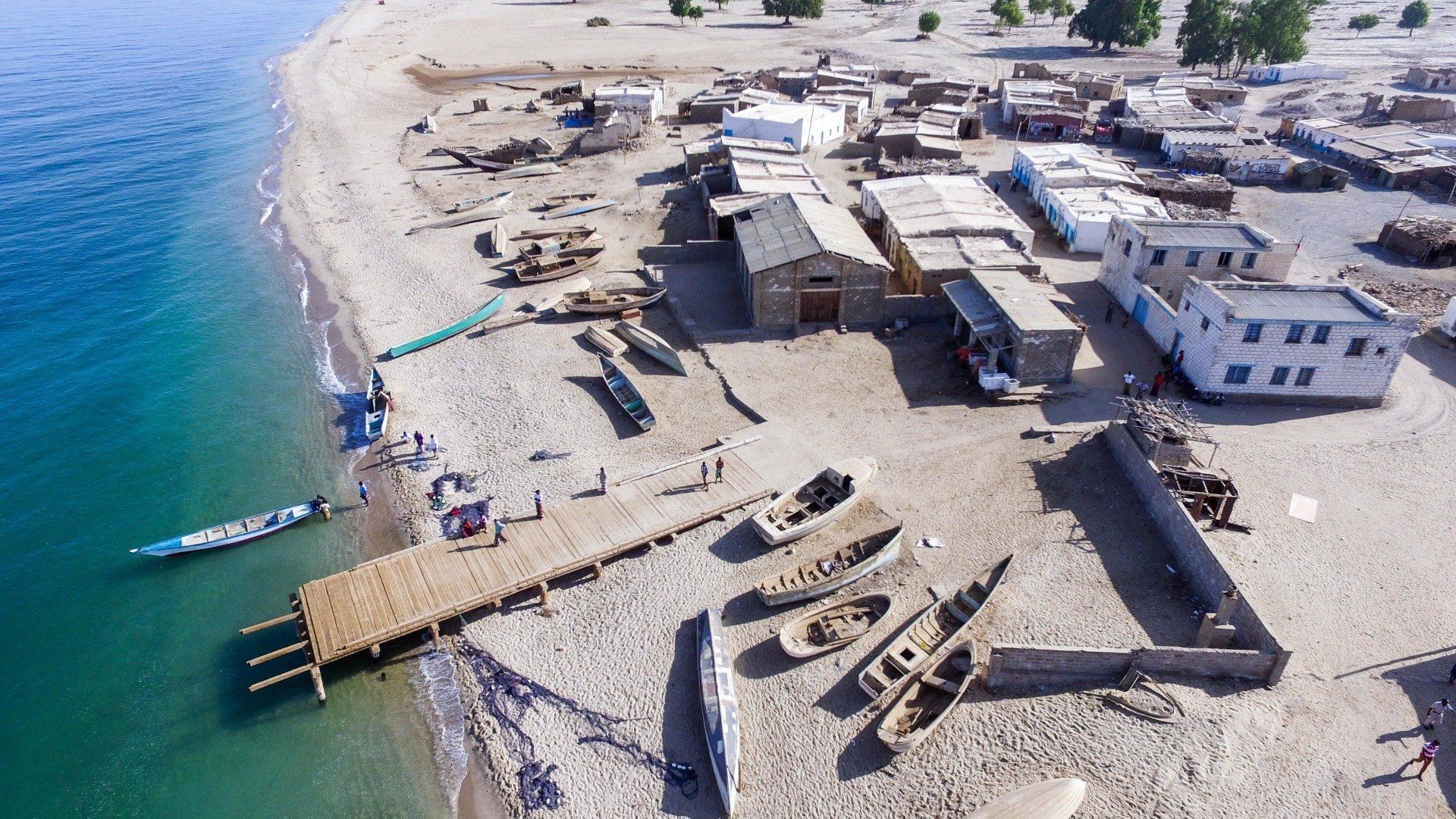
+44 (0)1727 836427
info@opencities.co.uk
Design of Sustainable City: King Abdullah Economic City (2007-2008)
websitebuilder-hub • Jan 22, 2018
OpenCities produced a report for the Stockholm International Water Institute (SIWI) based on research and analysis of African regional and sub-regional organisations.
OpenCities was hired by the world's leading management consultancy to help advise one of the largest private sector players in the Middle East on the development of economic cities in Saudi Arabia. Conceived by the Saudi Arabian General Investment Authority, the economic cities were one of the most exciting thrusts yet to promote economic development in the Middle East. The initiative comprised four main components:
• the development of a business friendly environment
• world class infrastructure
• globally competitive business clusters
• the creation of cities, not industrial zones
The largest of these planned developments was King Abdullah Economic City (KAEC), the single largest private sector project in the region developed by Emaar the Economic City (Emaar.E.C), a Tadawul-listed company.The Saudi government's vision was for KAEC to create one million jobs and be home to 2 million residents. The City is located between the two Holy Cities of Makkah and Madina and the city of Jeddah. With a total development area of 168 million square meters, the planned City is divided into six districts: the Sea Port, Industrial Zone, Central Business District (mixed use zone including commercial, hotel, retail and Financial Island), Resort District, Educational Zone and Residential Communities (including corniche and souks). SAGIA (Saudi Arabian General Investment Authority), the apex body responsible for inward investments into the Kingdom, is the prime facilitator for the development.
Our work won first prize out of more than 300 entries from across the lead management consultancy in an internal competition.

